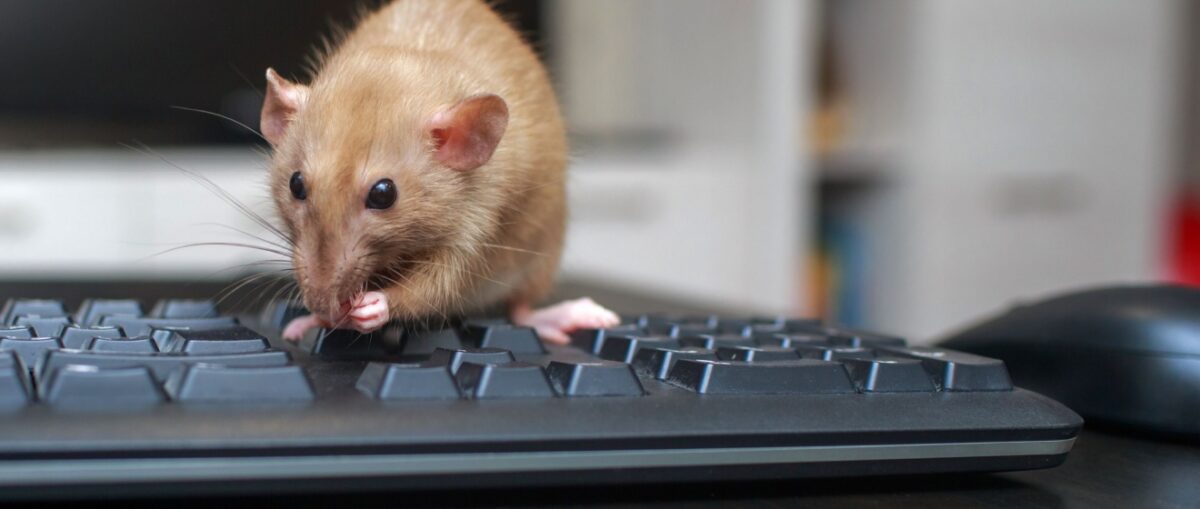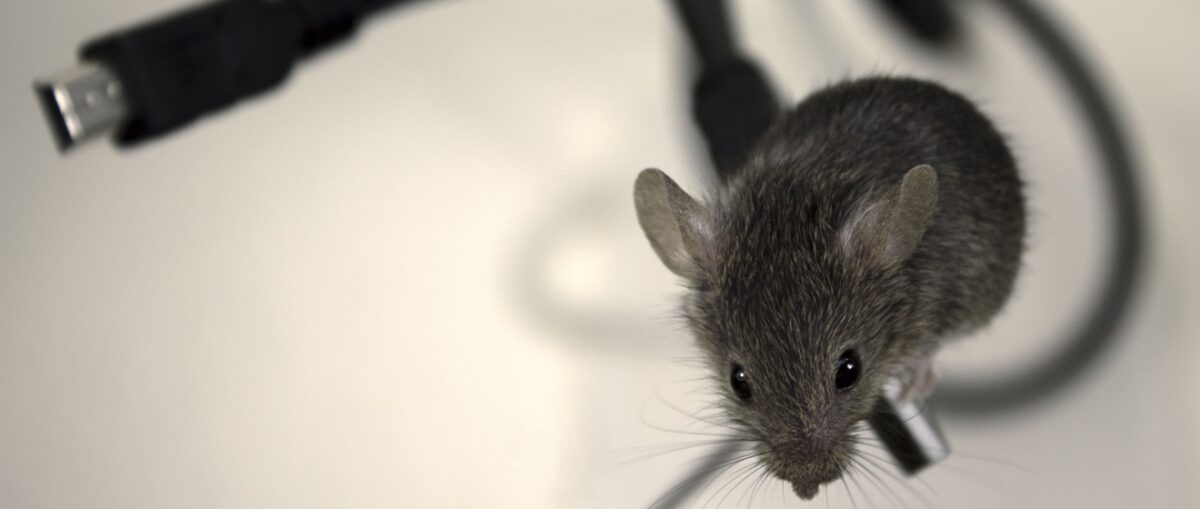Living in New York City comes with its fair share of perks including the vibrant culture and the conveniences of urban living. However, one downside that many apartment dwellers and managers face is the challenge of dealing with rats. These unwelcome guests are a common problem in NYC apartment buildings. Managing rats effectively is crucial for maintaining a safe and comfortable living environment for the tenants in your apartment building.
The Unique Challenges of Rat Control in NYC
Rats are opportunistic creatures, and once they find a reliable food source, they can quickly become a persistent problem. They are attracted to the same things that make city living convenient for humans—readily available food, warmth, and shelter. In an apartment building, even a small lapse in cleanliness or a tiny crack in a wall can invite these pests inside.
Why Professional Rat Control Is Essential
When it comes to managing a rat infestation in an apartment building, professional pest control services are indispensable. DIY methods might offer temporary relief, but they are often insufficient to address the root of the problem. Here’s why professional intervention is necessary:
- Expertise: Pest control professionals have the knowledge and experience to identify the specific type of rat problem you’re facing and to implement the most effective strategies to eliminate it. They understand the habits and behaviors of rats, which allows them to target their efforts more precisely.
- Comprehensive Solutions: A professional pest control service doesn’t just treat the symptoms of a rat infestation; they address the underlying causes. This might include sealing entry points, improving waste management practices, and providing ongoing monitoring to prevent future infestations.
- Health and Safety: Rats carry diseases that can pose serious health risks to residents. Professional pest control ensures that these health risks are minimized by thoroughly eliminating the infestation and implementing measures to prevent future problems.
Steps to Take for Rat Control in Apartment Buildings
Managing a rat problem in an apartment building requires a coordinated effort between residents, building management, and pest control professionals. Here are some steps that can help:
- Immediate Action: Reach out for help. As soon as a rat is spotted, it’s important to take immediate action. Notify the building management so they can contact a pest control service and begin treatment as soon as possible. If you are building management, the first step you should take upon seeing a rat or getting a report of one is to call a rodent control expert.
- Seal Entry Points: Inspect the building for any potential entry points that rats could use to get inside. This includes gaps around doors and windows, cracks in walls, and openings around pipes and conduits. Sealing these entry points is crucial to preventing rats from entering the building.
- Improve Waste Management: Ensure that all trash is stored in sealed containers and that waste is removed regularly. Proper waste management is one of the most effective ways to reduce the food sources that attract rats.
- Maintain Cleanliness: Encourage residents to keep their apartments clean and to store food in airtight containers. Even small amounts of food left out overnight can attract rats, so cleanliness is key.
Long-Term Strategies for Rat Control
Addressing a rat problem in an apartment building is not just about solving the immediate issue; it’s also about preventing future infestations. Long-term strategies might include:
- Regular Maintenance: Regularly inspect and maintain the building’s structure to ensure that it remains rodent-proof. This might include repairing cracks in walls, reinforcing door and window frames, and maintaining the building’s plumbing and electrical systems.
- Education: Educate residents about the importance of proper food storage, waste management, and cleanliness in preventing rat infestations. Building a community-wide awareness can help reduce the likelihood of future problems.
- Partnership with Pest Control: Establishing a long-term partnership with a pest control service can provide peace of mind. These professionals can offer regular inspections, monitoring, and preventive treatments that keep the building rat-free.
Rats in an apartment building are a serious problem that can affect the health, safety, and well-being of residents. Professional rat control is the most effective way to manage and prevent infestations, ensuring that apartment buildings in New York City remain safe and comfortable places to live. By working closely with pest control experts and taking proactive steps to address potential vulnerabilities, building managers and residents can protect their properties from the persistent threat of rats.





